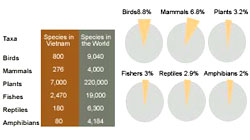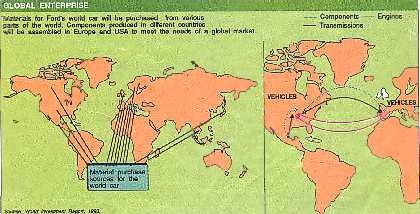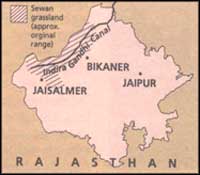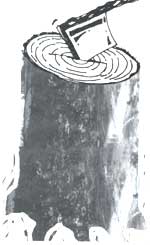Getting It Right
Loan waiver for farmers is a good beginning M K Venu A former bureaucrat who had worked with finance minister P Chidambaram in 1997 summed up the 2008-09 Budget aptly in the words of Edmund Burke: "Mere parsimony is not economy. Expenses and great expenses may be an essential part in true economy'. The bureaucrat in question, former revenue secretary N K Singh, had then designed one of the most liberal tax amnesty schemes for the urban rich with a view to mainstreaming sources of black money generation. The amnesty programme had later prompted even the Supreme Court to comment that such schemes must not become regular practice. Those were difficult times when a prolonged growth slump in much of Asia had led to sluggish revenue collections year after year. Budget targets were rarely met, if at all. Consequently, the government had to resort to amnesty schemes, in desperation, to collect more revenues. Things have dramatically changed in recent years. Asia is fast becoming the engine of growth, and India is a big part of the story. The government's revenues have soared from about Rs 2,54,000 crore in 2003-04 to Rs 5,85,000 crore in 2007-08, more than doubling in four years. With its coffers overflowing, the UPA government has chosen to embark on a "great expenses' programme. And why not? If you could give amnesty to the rich in difficult times, why not amnesty to the poor, distressed farmers when the coffers are full up? The Rs 60,000 crore farm loan waiver may have some design flaws, but no one today should quarrel with the sentiment that agriculture, and the small farmer, do need a leg-up. Clearly, the distress in the farm sector in recent years has created an adverse political climate for the UPA, which has been a bit shy of selling more aggressively the unprecedented GDP growth India has seen in the past five years. It is obvious that you cannot sell high GDP growth and bulging forex reserves in large parts of rural India which are in distress. This had also become a cause of persistent friction between the Congress and the Left within the UPA alliance. All this while, it would appear, it is this political tension which had resulted in the growing communication gap between the Congress and the Left. This may have had its spillover effect even on the nuclear deal. The Left would seem to have been somewhat assuaged by the Budget proposals. The CPM general secretary Prakash Karat has for the first time welcomed the farm and social sector programmes announced by the finance minister. This may signal a temporary thaw in the relations between the Congress and CPM. There is talk that the nuclear deal may also get revived, and the Left may not do any more than make some routine noises over it. The larger issue is one of creating a conducive atmosphere in the political economy to build a consensus for further reforms that are critical for India's economy to sustain a 9 per cent growth for the next five years. The massive farm loan waiver and higher spending in social sector programmes must be appropriately used now to bring down the political opposition to further reforms which are important to propel India to the next level in the globalisation sweepstakes. The Budget in some ways has signalled a New Deal, in which every section of society has benefited, whether it's the urban middle class or the rural poor. But these benefits must now be accompanied with some obligation to work towards a common goal. The one common objective, with which the CPM must have no quarrel, is promoting higher levels of industrialisation. The CPM has also formally recorded in its party document that rapid industrialisation is necessary and there is an urgent need to move people from low yield agriculture to industry. Prime Minister Manmohan Singh too has been placing repeated emphasis on this. The only caution that needs to be exercised is this process must be conducted in a democratic, bottom-up fashion. This was the prime lesson of Nandigram and Singur. The farm loan waiver must be seen as a purely temporary relief and there must be some programme by which farm families locked in low-yielding, suboptimal farm activity are moved to non-farm sectors. After one loan waiver, there is no point in their getting into another loan to do unremunerative agriculture. This would be a recipe for future fiscal disasters. Some permanent institutional arrangement must be designed by the Centre and states together to ensure that inherently remunerative farm activity gets a boost with technical, marketing and financial support. The other farm families must be encouraged through new skill development programmes to move to the manufacturing sector. This needs to be done in a focused manner. The Left Front government in West Bengal has designed an elaborate scheme, after the farmer protests in Nandigram, which seeks to handhold farm families for years after their shift to manufacturing townships built on their land. If done democratically, this is the only way to design a long-term solution to the problems of India's farm sector. A rapidly globalising economy just cannot afford 60 per cent of its population in agriculture sharing less than 20 per cent of the national income. This will remain the biggest point of tension in our political economy. The massive farm loan waiver in the Budget only addresses the symptom. Much more needs to be done to address the root cause. The Rs 60,000 crore loan waiver, at least, brings the whole issue to the centre stage. That is clearly a plus.
















